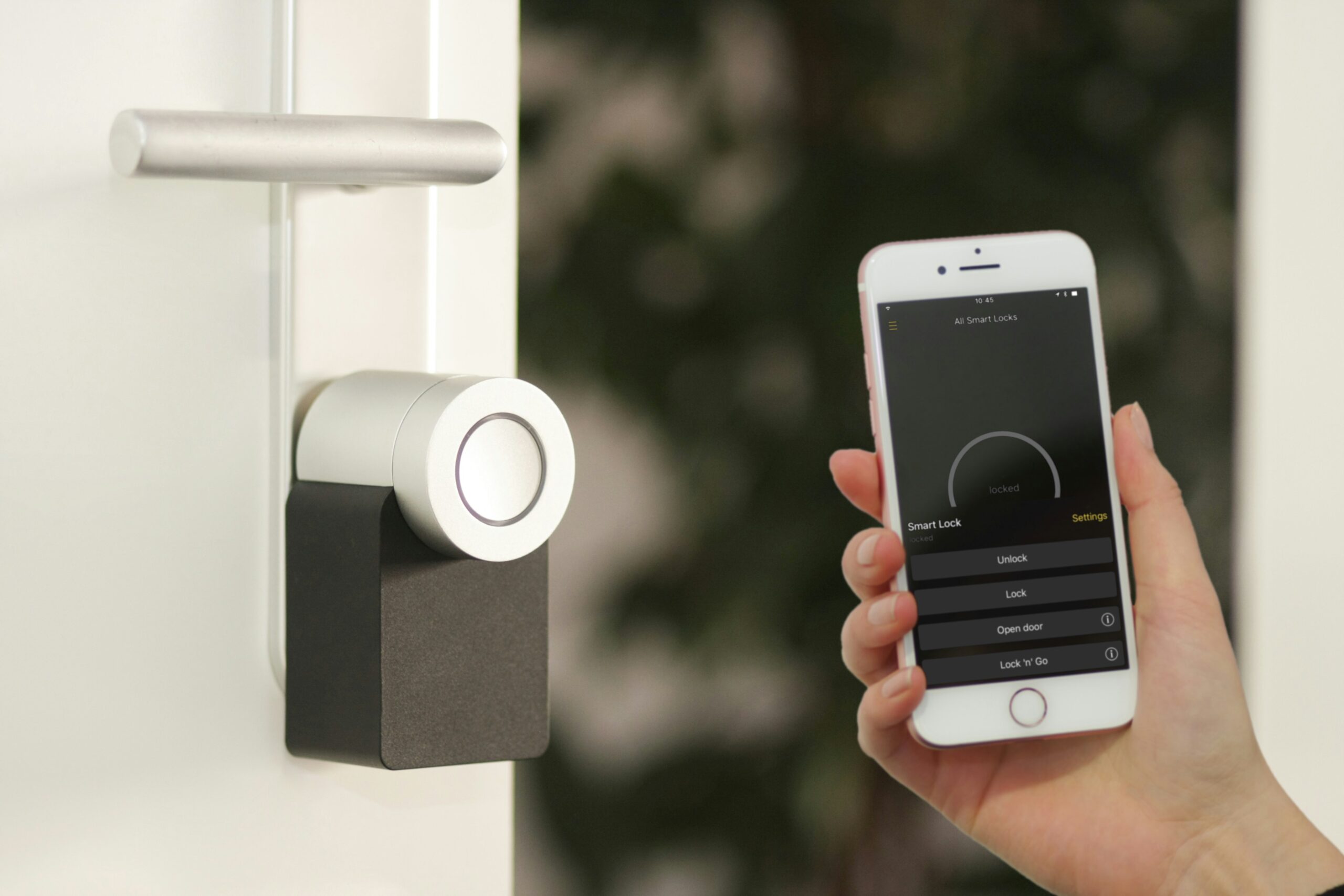
In the digital age where technology shapes our lives, ensuring the safety of our homes has become more crucial than ever. A good home security system serves as the frontline defense, protecting not just our belongings but, more importantly, our loved ones. In this blog post, we’ll delve into the paramount importance of having a reliable home security system and discuss the key factors to consider when choosing one.
The Rising Need for Home Security
As the world evolves, so do the risks that homeowners face. Property crimes, burglaries, and home invasions are unfortunate realities that can strike anyone, anywhere. A home security system acts as a proactive measure to deter potential threats and, in the event of an incident, provides a swift response.
1. Deterrence Factor:
A visible home security system serves as a powerful deterrent to would-be intruders. Knowing that a property is equipped with surveillance cameras, alarms, and other security measures discourages criminals, reducing the likelihood of a break-in.
2. Protecting Loved Ones:
Beyond material possessions, a home security system safeguards the well-being of your family. Instant notifications in case of unauthorized access, smoke detection, or emergencies ensure that you can take swift action to protect your loved ones.
3. Peace of Mind:
Home is a sanctuary, and peace of mind is invaluable. A good security system provides round-the-clock monitoring, allowing homeowners to rest easy, knowing that their property is under watchful eyes even when they are away.
What to Look For in a Home Security System
Choosing the right home security system requires careful consideration of various factors. Here are key aspects to look for when evaluating your options:
1. Professional Monitoring Services:
Opt for a security system that offers professional monitoring services. In the event of an alarm trigger, a team of experts can assess the situation and dispatch appropriate help, whether it’s law enforcement, firefighters, or medical professionals.
2. Wireless Connectivity:
Embrace the convenience of wireless technology. Wireless security systems are easier to install, more flexible, and less susceptible to tampering. They also allow remote monitoring through mobile devices, giving you real-time access to your home’s security status.
3. Smart Home Integration:
Choose a security system that seamlessly integrates with your smart home devices. Smart security systems can be controlled remotely, allowing you to arm or disarm the system, receive alerts, and monitor surveillance footage from your smartphone or other connected devices.
4. Cameras with High Resolution:
Surveillance cameras are a fundamental component of home security. Look for high-resolution cameras that provide clear images and video footage. Features such as night vision, motion detection, and wide-angle views enhance the overall effectiveness of the system.
5. Burglar Alarms and Sensors:
An effective home security system should include burglar alarms and various sensors. Door and window sensors, motion detectors, and glass break sensors create multiple layers of defense, ensuring comprehensive coverage against potential threats.
6. User-Friendly Interface:
The user interface of your security system should be intuitive and user-friendly. Whether it’s setting up customized alerts, reviewing footage, or adjusting settings, a system that is easy to navigate enhances the overall user experience.
7. Reliable Power Supply:
Ensure that your security system has a reliable power supply. Battery backup and alternative power sources prevent vulnerabilities caused by power outages, ensuring continuous protection even in adverse conditions.
8. Contract Terms and Costs:
Review the contract terms and associated costs. Understand the pricing structure, any monthly fees, and the length of the contract. Avoid long-term commitments that might not align with your needs or budget.
9. Customer Support and Reviews:
Investigate the customer support services offered by the security system provider. Read customer reviews to gain insights into the reliability, responsiveness, and overall satisfaction of current users.
10. Scalability:
Choose a security system that can grow with your needs. Whether you’re expanding your property or adding new features, a scalable system allows you to adapt your security measures to changing circumstances.
Conclusion
Investing in a good home security system is an investment in the safety and well-being of your home and loved ones. As technology continues to advance, the options for home security have become more sophisticated and accessible. The importance of having a reliable system cannot be overstated, providing not only protection against potential threats but also the peace of mind that comes with knowing your home is secure.
When choosing a home security system, consider your specific needs, the level of protection required, and the integration with your lifestyle. By carefully evaluating the factors mentioned above, you can make an informed decision that aligns with your priorities, ensuring that your sanctuary remains safeguarded against the uncertainties of the world. Remember, a good home security system is not just an addition to your home – it’s a vital guardian that keeps watch, providing you with the assurance and security you deserve.


